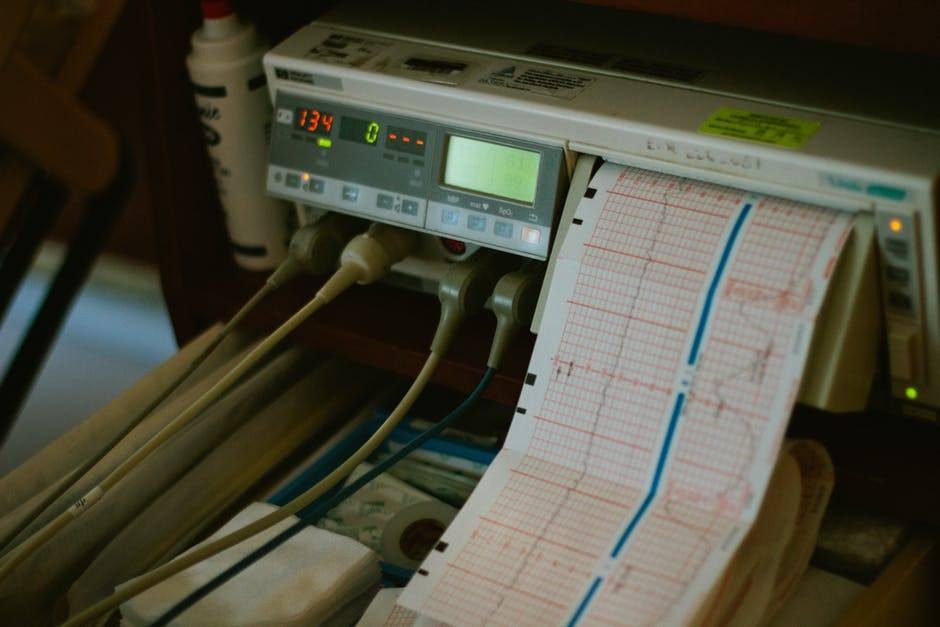Your data is one of your most important business assets. However, too many business owners underestimate how vulnerable their data is to hackers. This near-complacency is caused by a false feeling of safety in numbers, and that their business is too small to attract the notice of hackers. Out of the millions of businesses with an Internet presence, they might feel that the odds of getting “chosen” by a hacker are quite small. However, active hackers are numerous and many of them use software to find their targets. There are real business consequences of getting hacked.
Just as search engines have no trouble finding and crawling new websites, the bot crawlers of hackers can also find new websites with great efficiency. It may only take a month or two for the hacker’s software to discover your website after it’s launched. From that point forward, your site will be periodically probed by the software for vulnerabilities. If any are identified, they are then exploited.
Most hackers will choose your business because it’s a target of opportunity. The size of your business or the prominence of your brand generally isn’t a factor.
The Business Consequences of Getting Hacked
A hacker may access and exploit sensitive business information such as trade secrets, business strategies, or financial difficulties. This may cause great damage in the hands of your competitors. Hackers may also access the sensitive information of your customers who then become victims as well. Once your customers’ data is compromised, most if not all of them will never buy from you again, while some may take legal action. Word of this can spread fast on the Internet, which may diminish your future business prospects.
A hacker may also infect your traffic with malware or try to make money by redirecting them to gambling, porn, or drug websites. This also tarnishes your brand reputation. Still another possibility is incorporating your server into their bot net that they use for finding and hacking other servers. A hacked website can also lose its traffic when search engines drop it from their search results pages. Browsers may display malware or attack page warnings about your site to visitors and warn them to turn back.
All of the above outcomes of getting hacked are damaging to your business and reputation. Dealing with the problem after it happens is not an option because the consequences are too severe. Prevention is the best cure for this problem, and our managed security services will provide a strong and robust defense. Contact us today to learn more.




